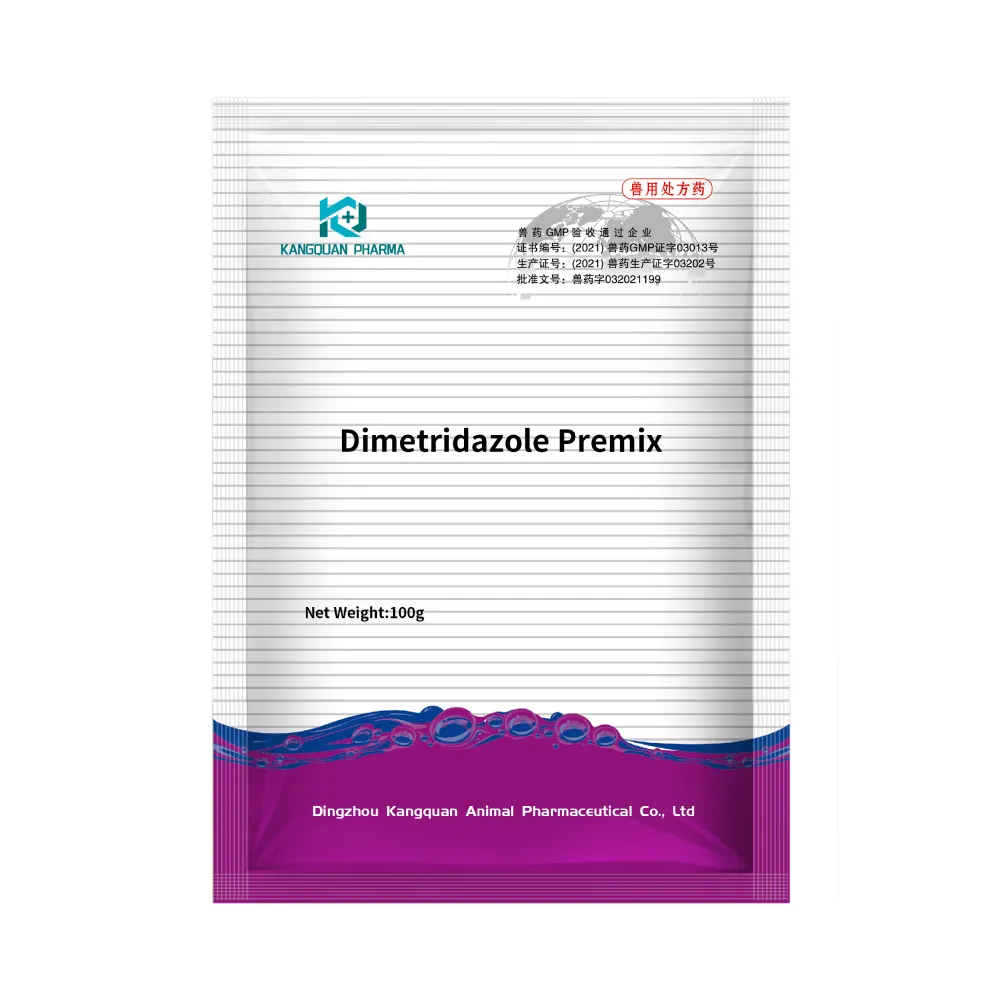- Afrikaans
- Albanian
- Amharic
- Arabic
- Armenian
- Azerbaijani
- Basque
- Belarusian
- Bengali
- Bosnian
- Bulgarian
- Catalan
- Cebuano
- Corsican
- Croatian
- Czech
- Danish
- Dutch
- English
- Esperanto
- Estonian
- Finnish
- French
- Frisian
- Galician
- Georgian
- German
- Greek
- Gujarati
- Haitian Creole
- hausa
- hawaiian
- Hebrew
- Hindi
- Miao
- Hungarian
- Icelandic
- igbo
- Indonesian
- irish
- Italian
- Japanese
- Javanese
- Kannada
- kazakh
- Khmer
- Rwandese
- Korean
- Kurdish
- Kyrgyz
- Lao
- Latin
- Latvian
- Lithuanian
- Luxembourgish
- Macedonian
- Malgashi
- Malay
- Malayalam
- Maltese
- Maori
- Marathi
- Mongolian
- Myanmar
- Nepali
- Norwegian
- Norwegian
- Occitan
- Pashto
- Persian
- Polish
- Portuguese
- Punjabi
- Romanian
- Russian
- Samoan
- Scottish Gaelic
- Serbian
- Sesotho
- Shona
- Sindhi
- Sinhala
- Slovak
- Slovenian
- Somali
- Spanish
- Sundanese
- Swahili
- Swedish
- Tagalog
- Tajik
- Tamil
- Tatar
- Telugu
- Thai
- Turkish
- Turkmen
- Ukrainian
- Urdu
- Uighur
- Uzbek
- Vietnamese
- Welsh
- Bantu
- Yiddish
- Yoruba
- Zulu
8 月 . 12, 2024 16:36 Back to list
Recommended Dosage Guidelines for Enrofloxacin Injection in Veterinary Medicine Applications
Enrofloxacin Injection Dosage An Overview
Enrofloxacin is a fluoroquinolone antibiotic that is widely used in veterinary medicine. Known for its broad spectrum of activity against both Gram-negative and Gram-positive bacteria, it is particularly effective against Pseudomonas spp. and certain strains of E. coli. This antibiotic is commonly administered via injection in various animal species, including dogs, cats, and livestock. Understanding the appropriate dosage and administration of enrofloxacin is critical for ensuring effective treatment while minimizing the risk of adverse effects.
Indications for Use
Enrofloxacin is primarily indicated for the treatment of bacterial infections in animals. It is particularly useful in cases of pneumonia, urinary tract infections, skin infections, and infections involving soft tissues. Its efficacy against certain resistant bacterial strains has made enrofloxacin a valuable tool in veterinary therapeutics, especially in cases where conventional antibiotics may fail.
Recommended Dosage
The dosage of enrofloxacin varies depending on the species, age, weight, and specific condition being treated. The general guideline for enrofloxacin dosage in dogs and cats is as follows
1. Dogs - The typical dosage ranges from 5 to 20 mg/kg of body weight, administered once daily. - For severe infections, higher dosages may be warranted, but this should only be determined by a veterinarian. 2. Cats - The recommended dosage is usually around 5 to 10 mg/kg, given once daily. - Similar to dogs, weight and severity of infection can lead a veterinarian to adjust the dose accordingly.
3. Livestock - For beef and dairy cattle, dosages can range from 2.5 to 7.5 mg/kg, depending on the specific infection and veterinarian guidance. - Swine typically receive 10 mg/kg as a single dose or divided over multiple administrations for more severe cases.
enrofloxacin injection dosage

It is essential to note that enrofloxacin is not approved for use in food-producing animals in some countries due to concerns about antibiotic resistance and potential residue in edible tissues
.Administration and Precautions
Enrofloxacin can be administered via intramuscular or subcutaneous injection. When preparing the injection, it is crucial to follow proper sterile techniques to prevent infections. The injection site should be clean, and any air bubbles in the syringe should be removed before administration.
While enrofloxacin is generally well-tolerated, there are precautions to keep in mind. Potential side effects can include gastrointestinal disturbances (e.g., vomiting and diarrhea), neurological signs (e.g., seizures, in rare cases), and cartilage damage in young, growing animals. Therefore, it is vital to avoid administering enrofloxacin to puppies less than 12 months old and to consult a veterinarian before administrating it to pregnant or lactating animals.
Monitoring and Follow-Up
Veterinarians typically recommend monitoring the animal’s response to treatment closely. If there is no improvement within a few days, or if the animal exhibits any adverse reactions, reevaluation is necessary. Follow-up visits may involve rechecking blood parameters and assessing the site of infection to determine whether the treatment is effective or if an alternative therapy is needed.
Conclusion
In summary, enrofloxacin injection is a powerful antibiotic that plays a crucial role in treating bacterial infections in animals. Ensuring proper dosage and safe administration is vital for the welfare of the animal and the efficacy of treatment. As with all medications, the guidance of a qualified veterinarian is essential to tailor the therapy to the specific needs of the patient, thereby promoting optimal health outcomes while safeguarding against the risk of developing antibiotic resistance.
-
The Power of Radix Isatidis Extract for Your Health and Wellness
NewsOct.29,2024
-
Neomycin Sulfate Soluble Powder: A Versatile Solution for Pet Health
NewsOct.29,2024
-
Lincomycin Hydrochloride Soluble Powder – The Essential Solution
NewsOct.29,2024
-
Garamycin Gentamicin Sulfate for Effective Infection Control
NewsOct.29,2024
-
Doxycycline Hyclate Soluble Powder: Your Antibiotic Needs
NewsOct.29,2024
-
Tilmicosin Premix: The Ultimate Solution for Poultry Health
NewsOct.29,2024













